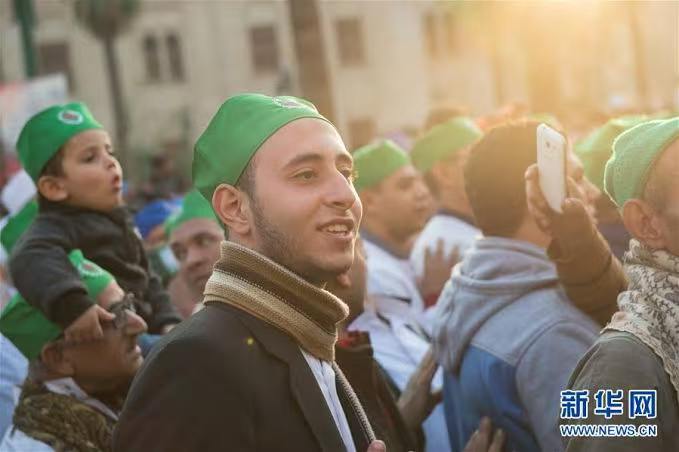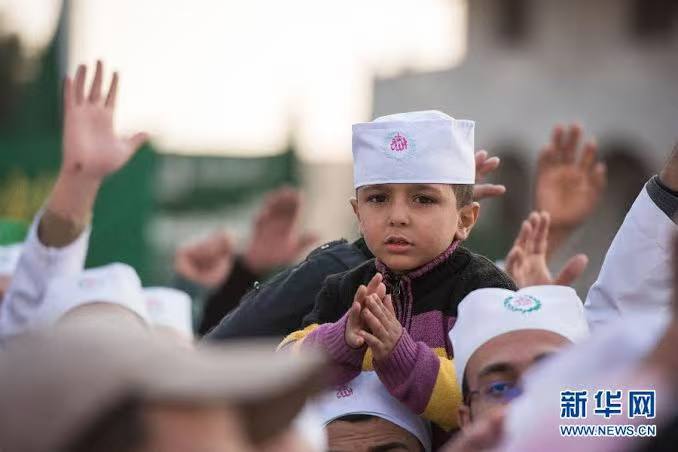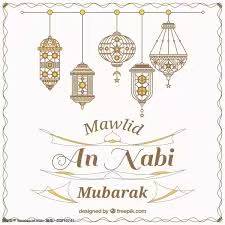Muslims Worldwide Celebrate Prophet Muhammad’s Birthday with Unity, Reflection, and Acts of Charity
2025-09-05
This week, Muslims across the globe commemorated **Mawlid al-Nabi**, the birthday of Prophet Muhammad (peace be upon him), with an array of religious and cultural activities that drew millions into collective reflection and celebration.
The observance, which falls on the 12th day of Rabi’ al-Awwal in the Islamic lunar calendar, holds a deep spiritual significance for many Muslim communities. While traditions differ across countries, the central themes remain universal: honoring the Prophet’s life, promoting compassion, and strengthening bonds of unity.
Historical and Religious Background
Mawlid al-Nabi has been celebrated for centuries, with records tracing its origins back to the early Islamic caliphates. While some Muslim scholars emphasize that the day should be marked with prayer and reflection rather than festivity, many communities embrace cultural expressions as a means of honoring the Prophet’s memory.
Religious leaders across the world agree that the Prophet’s legacy—marked by humility, generosity, justice, and respect for human dignity—remains profoundly relevant in addressing modern challenges such as inequality, conflict, and social division.
“Shedding light on the Prophet’s life is not simply about history,” explained Dr. Ahmed al-Khatib, an Islamic scholar in Cairo. “It is about applying his principles to our daily lives—whether in how we treat our neighbors, how we build communities, or how we strive for peace.”

Middle East and North Africa: Illuminations and Sermons
In Cairo, mosques were adorned with green banners and glowing lanterns, while markets bustled with stalls selling sweets traditionally prepared for the holiday. Preachers delivered sermons emphasizing the Prophet’s teachings on mercy and justice.
In Morocco, grand mosques hosted late-night recitations of the Qur’an, while Sufi orders led processions marked by chanting, drumming, and spiritual hymns. Meanwhile, in Saudi Arabia—home to the Prophet’s birthplace of Mecca—observances were quieter, focused largely on prayers and religious lectures.
South Asia: Processions and Community Feasts
In **Pakistan**, massive processions filled the streets of Karachi, Lahore, and Islamabad, where participants carried banners inscribed with praises for the Prophet. Entire neighborhoods were illuminated with strings of colorful lights, and special security arrangements were made to ensure the safety of the large crowds.
In **India**, Muslims across Uttar Pradesh, Kerala, and West Bengal organized marches, poetry recitations, and communal meals. “For us, this day is about sharing with our neighbors and reminding ourselves of the Prophet’s compassion,” said Mohammad Salim, a community organizer in Lucknow.
**Bangladesh** also witnessed major gatherings, particularly in Dhaka, where thousands joined in parades that culminated in public prayers and charitable distributions.
Southeast Asia: Tradition and Family Gatherings
In **Indonesia**, the world’s largest Muslim-majority nation, the celebration blended religious devotion with local culture. Families gathered to recite *maulid* poetry praising the Prophet, while villages hosted communal feasts. In Yogyakarta, children carried lanterns in colorful parades, reflecting the joy of the occasion.
In **Malaysia**, mosques organized educational programs, inviting scholars to lecture on the Prophet’s legacy. Government officials participated in national ceremonies, underscoring the event’s role in promoting unity and civic values.

Africa: Spiritual Hymns and Social Solidarity
In **Sudan** and **Nigeria**, Mawlid al-Nabi was marked by Sufi chanting and drumming, with open-air gatherings that drew thousands of participants. In Senegal, the holy city of Tivaouane welcomed pilgrims from across West Africa to attend lectures, poetry readings, and night-long devotional chants.
Charitable work was a central theme across the continent. In Somalia, humanitarian organizations distributed food and clothing to orphans and displaced families in honor of the Prophet.
Europe and the Americas: Interfaith Dialogue and Cultural Expression
In multicultural cities such as **London, Paris, and Berlin**, Muslim communities organized exhibitions, lectures, and interfaith discussions. These events sought to explain the significance of Mawlid al-Nabi to non-Muslim audiences, highlighting Islam’s contributions to global civilization.
In the **United States**, mosques in New York, Chicago, and Los Angeles hosted open houses, inviting neighbors of all faiths to join in the celebration. “We see Mawlid as a chance to build bridges,” said Imam Yusuf Ali of Chicago. “It’s a moment to remind people that the Prophet’s message is about mercy and justice for all humanity.”
Charity and Social Impact
Beyond rituals and festivities, Mawlid al-Nabi is often marked by acts of generosity. Across the world, Muslims distributed food, donated blood, and launched community service projects. Many hospitals, orphanages, and shelters reported an increase in donations during this period.
For believers, these acts are not symbolic but practical expressions of the Prophet’s legacy. “Prophet Muhammad taught us that caring for others is part of faith,” said Amina Hassan, a volunteer in Nairobi. “That’s why we serve meals, visit the sick, and help the poor on this blessed day.”
Contemporary Relevance
In today’s world—marked by polarization, inequality, and conflict—many leaders see Mawlid al-Nabi as an opportunity to reflect on shared values. Religious scholars urged communities to embrace the Prophet’s example in fostering tolerance, justice, and dialogue.
“Mawlid reminds us that compassion is stronger than division,” said Dr. Fatima El-Sayed, a professor of Islamic studies in London. “It encourages Muslims to contribute positively to the societies they live in, while staying rooted in their spiritual traditions.”

Conclusion
As celebrations concluded across the globe, the central message of Mawlid al-Nabi remained clear: the Prophet Muhammad’s life continues to inspire millions in their pursuit of compassion, justice, and unity.
Whether expressed through prayers in Cairo, processions in Karachi, lantern parades in Jakarta, or interfaith dialogues in New York, the celebration reflected a shared commitment to preserving faith while contributing to a more peaceful and inclusive world.
Contact Information:
Name: Neko Zhang
Email: [sales7@ihomebox.com.cn](mailto:sales7@ihomebox.com.cn)
Tel/WhatsApp:+86-15338785619

